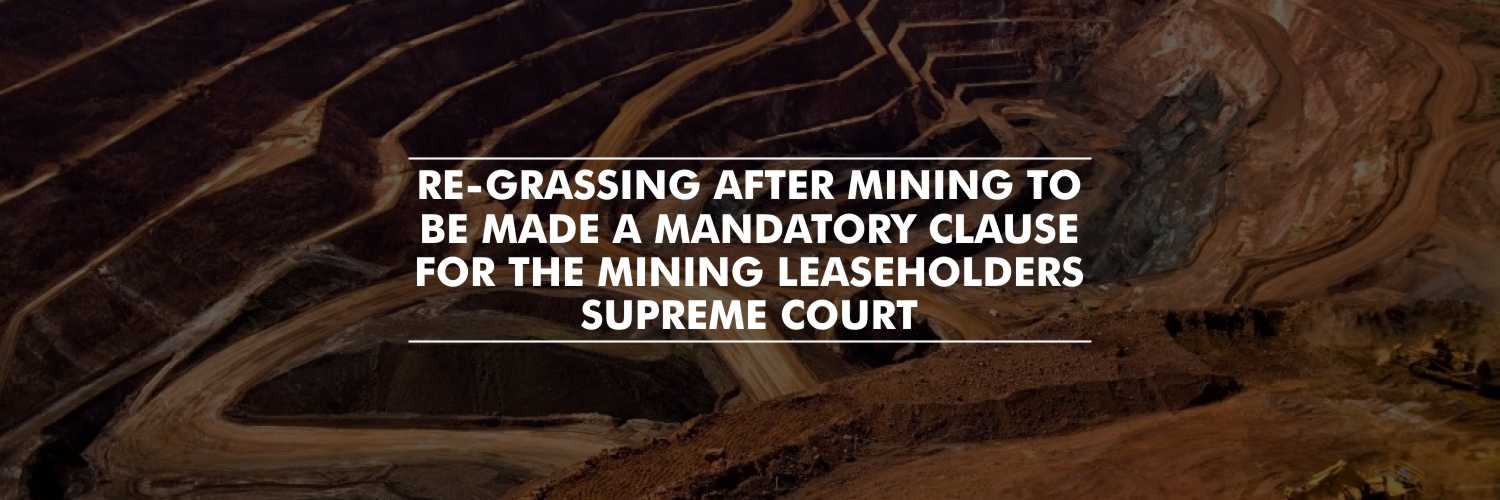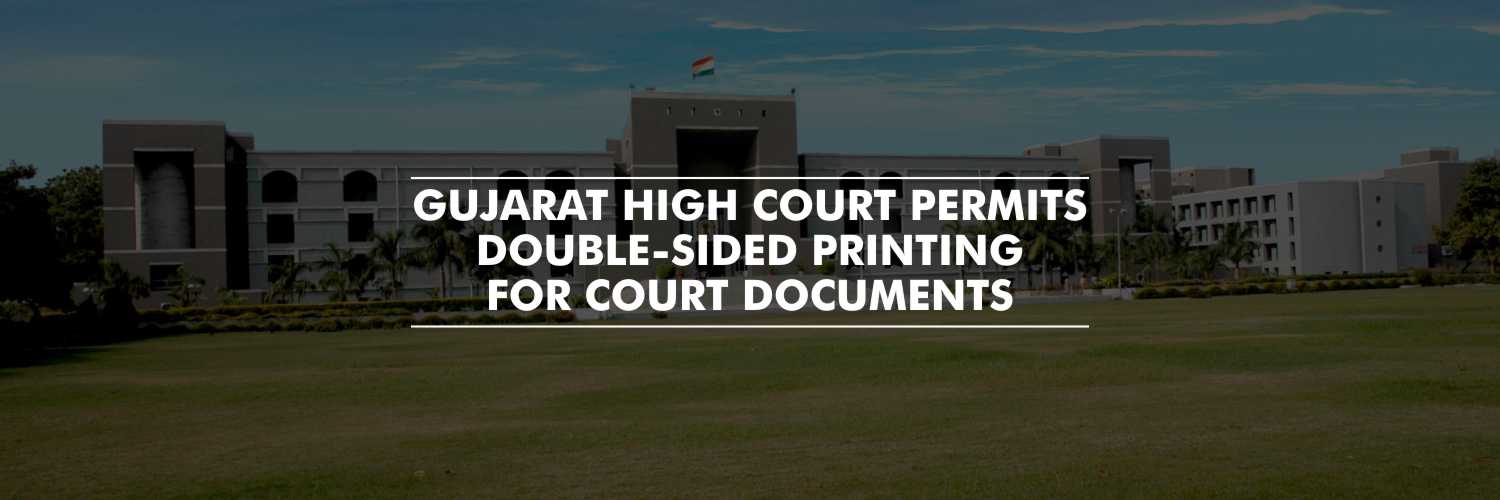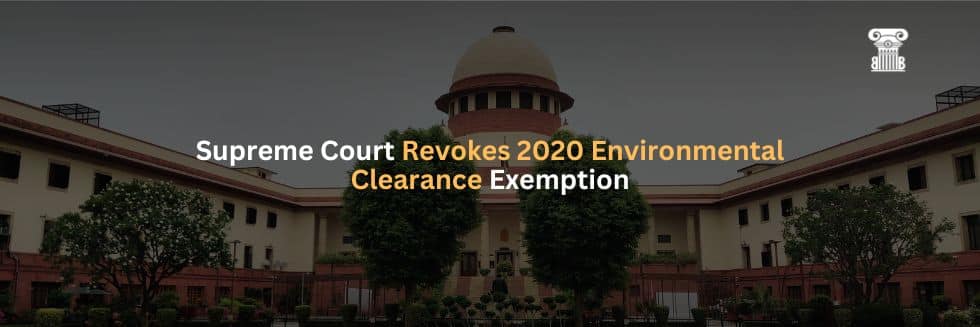On 8 January, the Supreme Court directed the Union Government to induce a mandatory clause for mining leaseholders, to re-grass the area after completion of the mining operations, to provide a second chance to the biodiversity in the said scarred landscapes.
A three-judge bench headed by Chief Justice SA Bobde observed that the mining activity results in a complete elimination of the grass and additionally ensues in erosion, loss of biodiversity, and contamination of soil. The bench ordered the government to incorporate a mandatory clause of re-grassing the mined areas in every mining lease, environmental clearance and mining plan across the country.
The issue came to light while the bench was hearing a plea filed by an NGO ‘Common Cause’ which challenged the large-scale illegal mining across the country. The amicus curiae, advocate A.D.N. Rao, said the government should make mandatory provision of re-grassing in the mine closure plan, since most of the time after completion of the mining activity, the leaseholders vacate the area without even considering for re-development of the area.
“We are directing the Union of India to impose a mandatory clause in the mining lease and a similar condition in the environmental clearance to the effect that the mining leaseholders, after ceasing mining operations, undertake the process of re-grassing the mining area and any other area which may have been disturbed due to their mining activities,” stated the SC bench.
Earlier in 2017, the apex court imposed a fine of Rs 19,174.83 crores on mining leaseholders for environmental and forest clearance violations in an Odisha mining case.






